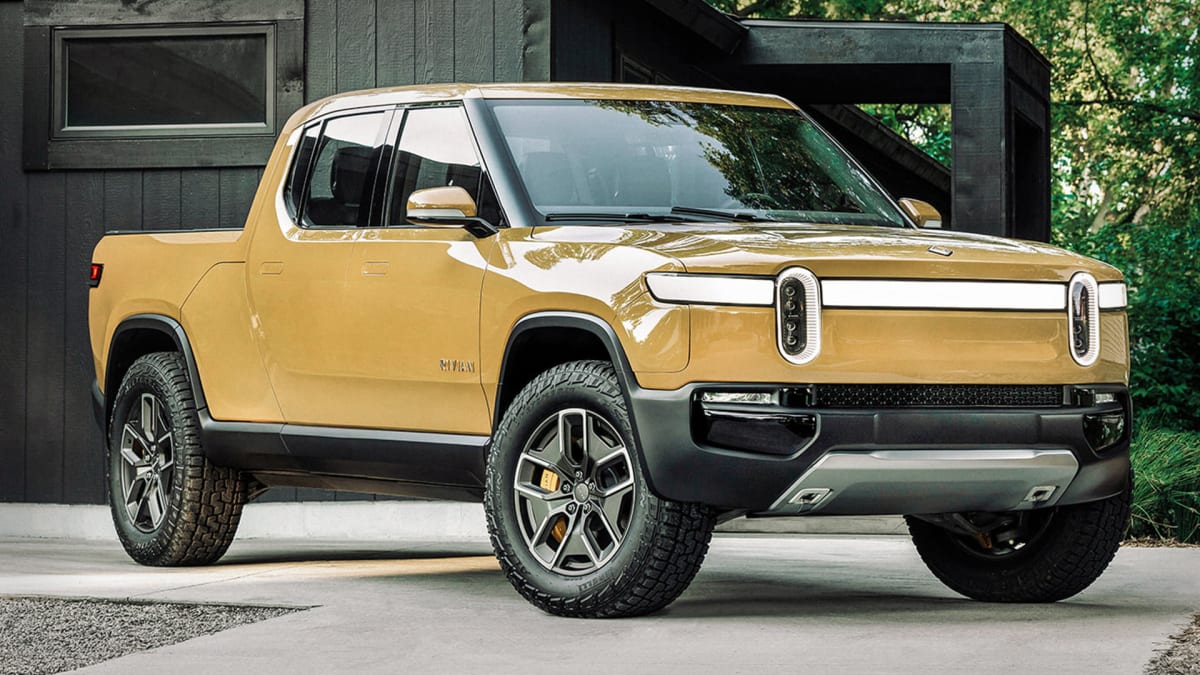
The fear of many investors regarding Rivian is becoming a reality.
For many months now, the automaker's struggles to ramp up production due to disruptions in its supply chain have raised concerns that the Irvine, Calif.-based company may need to raise capital.
These fears were confirmed when Rivian announced on Feb. 28 a drop in its cash position. Rivian (RIVN) had cash and cash equivalents of $12.1 billion on hand at the end of December, down from $13.8 billion at the end of the third quarter and $15.5 billion as of June 30.
Net cash used to fund its operations for the fourth quarter of 2022 was $1.45 billion, up compared to $1.1 billion million for the same period in 2021. For the year 2022, the company burned $5.05 billion, almost the double of the $2,62 billion it used during the previous year.
At the rate at which Rivian was burning cash, the question arises whether the firm will have to raise additional capital to finance its operations and expansion by the end of the year as the automaker is building a second plant in Eastern Georgia and plans to start production of a smaller, more affordable vehicle, the R2 series, in 2026.
CEO RJ Scaringe was not reassuring when he admitted that the company, which manufactures the R1S SUV, the R1T pickup truck and the EDV van at its Normal, Ill., plant, may have a demand problem.

Rivian
Rivian Wants to Raise Additional $1.3 Billion
"Certainly, what we're witnessing in the macro and what we're seeing in terms of interest rate is ... across the industry, having an effective moderating overall demand," Scaringe told analysts during the fourth quarter earnings' call.
Rivian ended its tradition of giving an update on its preorder book at the end of each quarter. At the end of November, the group had 114,000 orders. The company said it has a "net preorder backlog that extends into 2024."
Investors had already more or less anticipated this concern when Lucid, another EV upstart, had clearly indicated a few days earlier that it was facing a drop in demand for its luxury electric sedans. Lucid (LCID) had also stopped giving an update of its order book.
The demand for the vehicles of the two EV makers comes from the fact that Tesla (TSLA), their elder and great rival, has launched a price war by drastically lowering the prices of its vehicles. Elon Musk's group was followed by Ford (F) and Chinese automakers.
These decisions have pushed consumers to seek bargains, while others prefer to wait before buying a new vehicle given the uncertainty about the health of the economy.
Finally, investors' fears are becoming reality because Rivian has just announced a bond issue aimed at raising $1.3 billion. The company intends to sell convertible notes, or bonds that can be paid back with cash, stock or a mix of the two, according to a press release.
Investors buying these notes will also have the option to buy additional notes worth up to $200 million, according to a statement dated March 6.
Rivian wants to attract institutional investors wanting to reduce their carbon footprint or wanting to support sustainable development because these notes are qualified as "green bonds". This means that the returns on investment are low.
Stock Is in Freefall
The group, however, did not give details on the terms of the offer, including the interest rate. Maturity is March 2029.
The money raised will be used to finance Rivian's operations and more particularly the development of its low-cost vehicle expected in 2026.
"Rivian intends to use the net proceeds from the offering to finance, refinance, make direct investments, in whole or in part, in one or more new or recently completed (within the 24 months prior to the issue date of the notes), current and/or future eligible green projects," the green carmaker said.
These projects include investments in financings of clean transportation, renewable energy, energy efficiency and pollution prevention and control, the company added.
The announcements caused Rivian shares to fall 14.54% to $14.64 on March 7. Investors seem not to have appreciated this cold shower. The stock fell 82.2%, which translated to $75.3 billion wiped out, last year.







